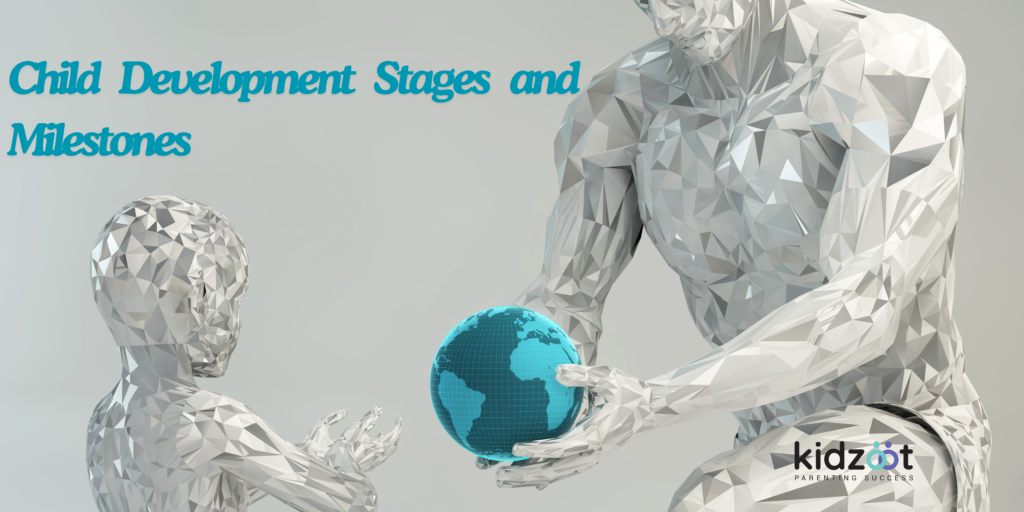Introduction: Child development is a fascinating and complex process that begins from conception and continues throughout a person’s lifetime. It refers to the physical, emotional, intellectual, and social growth that a child experiences as they grow and mature. Understanding the various stages of child development and the milestones that accompany them can help parents, caretakers, and educators better support children as they grow and develop.
Physical Development:
Physical development refers to the changes that a child experiences in their body, including growth and motor skills. The following are some of the milestones that are typically seen in this area of development:
- Birth to 2 months During this stage, infants will begin to develop their neck and head control, and they may also start to reach for and grasp toys.
- 3 to 6 months: Infants will continue to develop their motor skills, and they may start to roll over, sit up, and crawl.
- 7 to 12 months: At this stage, children may start to stand and take their first steps, and they may also begin to develop fine motor skills, such as the ability to pick up small objects.
- 1 to 2 years: Children will continue to develop their motor skills and coordination, and they may start to run, climb, and jump.
Emotional and Social Development: Emotional and social development refers to the changes that a child experiences in their ability to understand and regulate their emotions and interact with others. The following are some of the milestones that are typically seen in this area of development:
- Birth to 6 months: During this stage, infants will begin to develop a sense of attachment to their caregivers and may start to show signs of separation anxiety.
- 7 to 12 months: At this stage, children may start to understand the concept of object permanence, and they may also begin to engage in social play with others.
- 1 to 2 years: Children will continue to develop their emotional and social skills, and they may start to show empathy, kindness, and sharing with others.
- 2 to 3 years: At this stage, children may start to understand the concept of taking turns and may also start to engage in cooperative play with others.
Intellectual Development:
Intellectual development refers to the changes that a child experiences in their ability to think, reason, and understand the world around them. The following are some of the milestones that are typically seen in this area of development:
- Birth to 6 months: During this stage, infants will begin to develop their sensory and perceptual skills, and they may also start to show an interest in new objects and sounds.
- 7 to 12 months: At this stage, children may start to understand the concept of cause and effect, and they may also begin to develop problem-solving skills.
- 1 to 2 years: Children will continue to develop their cognitive skills, and they may start to understand simple instructions and may also begin to engage in pretend play.
- 2 to 3 years: At this stage, children may start to understand basic concepts, such as size and shape, and they may also start to develop early reading and writing skills.
Conclusion: Child development is a complex and ongoing process that involves many different areas of growth and development. Understanding the stages and milestones of child development can help parents, caretakers, and educators better support and guide children as they grow and mature. It is important to remember that every child is unique and that their development may not follow a strict timeline. However, by understanding the typical milestones that are seen in each

